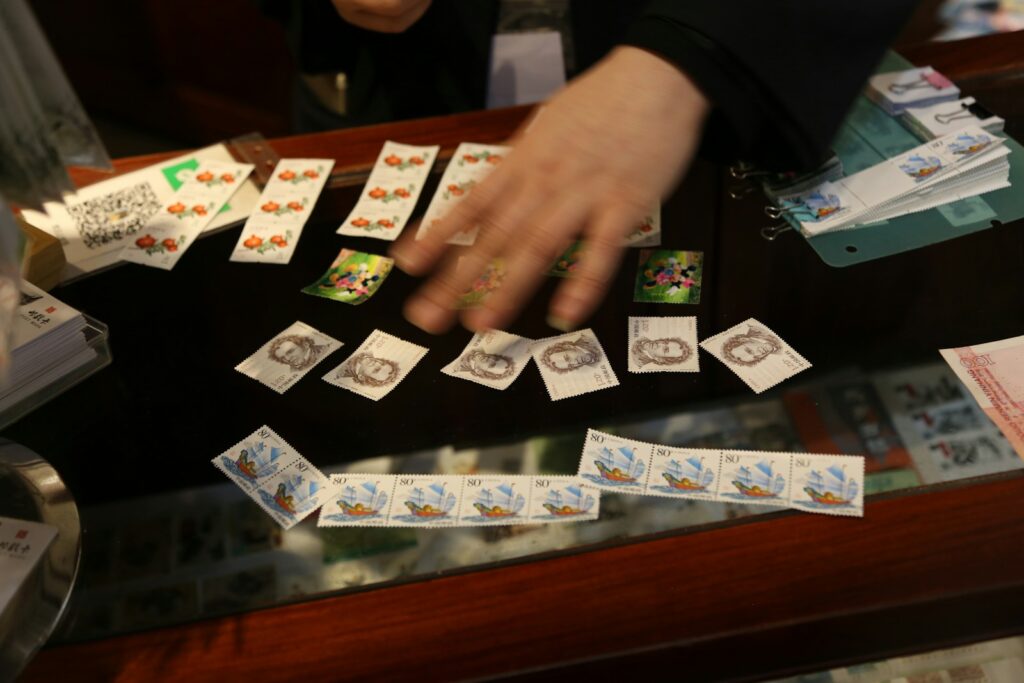Winning Poker Psychology: Controlling Tilt and Emotions
Understanding the Importance of Winning Poker Psychology
In the world of poker, technical skills like hand reading and bluffing are vital—but what separates champions from average players is their mindset. Winning poker psychology involves staying calm under pressure, reading others’ emotions, and mastering your own reactions. Without mental discipline, even the best strategies fail. In this guide, we’ll explore how you can control tilt, regulate emotions, and sharpen your psychological edge.
Recognizing Tilt and Emotional Triggers in Poker
Tilt is any emotional state that causes a player to make poor decisions. Whether it’s anger, frustration, or even overconfidence, tilt clouds your judgment and leads to reckless play. Common triggers include losing with a strong hand, bad beats, or feeling targeted by aggressive opponents. Recognizing these emotional shifts early is the first step to regaining control. Keep a journal of hands where your emotions spiked—it will help you spot patterns.
Techniques to Control Tilt and Stay Focused
Once tilt is recognized, it’s time to neutralize it. Here are proven methods to control tilt:
Deep Breathing: Helps slow the heart rate and clear the mind.
Time-outs: Step away from the table if you feel emotional instability.
Mantras: Simple affirmations like “Stay sharp” or “Focus on long-term EV” can reset your mindset.
Short Sessions: Play in shorter bursts to reduce cognitive fatigue.
Mindfulness Training: Meditation or mindfulness apps can help you become more self-aware.
Remember: the goal is to separate emotion from decision-making. Poker is a game of logic, not anger.
How Emotional Control Leads to Long-Term Winning
Players who master their emotions consistently outperform those who let their feelings dictate play. Why? Because emotional control improves every key aspect of your game:
Better Bankroll Management: You’re less likely to chase losses.
Improved Table Image: Opponents can’t read or exploit your frustration.
Resilience: You bounce back faster from variance and bad beats.
Focus: With fewer distractions, you make more accurate reads and better plays.In short, mastering your emotions gives you a huge edge—especially in high-pressure moments.
Developing a Winning Poker Mindset Over Time
Becoming mentally strong doesn’t happen overnight. It’s a process, and you’ll have setbacks. Here’s how to build mental toughness gradually:
Set Goals: Focus on growth, not just wins. Track how often you make good decisions.
Learn from Losses: Every downswing is an opportunity to grow emotionally.
Avoid Ego Traps: Stay humble. Arrogance often leads to poor decisions.
Find a Mentor or Community: Discuss hands and emotions with experienced players.
Stay Physically Healthy: A healthy body supports a resilient mind—don’t ignore sleep, nutrition, or exercise.
Final Thoughts on Winning Poker Psychology
In the competitive world of poker, mastering the technical side of the game is only half the battle. The real edge comes from within — your ability to manage emotions, stay focused under pressure, and bounce back from adversity. That’s the essence of Winning Poker Psychology.
Even the strongest strategies fall apart when emotions take control. One bad beat, one poor decision, or a streak of losses can spiral into self-doubt, frustration, or tilt. But players who build mental resilience are the ones who thrive long-term — not just survive.
The best part? Mental toughness is a skill you can develop.
Focus on making the right decisions, not just winning hands.
Track your emotional responses after sessions and reflect on them.
Talk to experienced players about handling tilt and staying grounded.
Prioritize your physical well-being — sleep, nutrition, and exercise directly impact mental clarity.
Most importantly: accept variance as part of the game and let go of ego during both wins and losses.
The top poker professionals aren’t invincible — they’re simply composed. They don’t let their emotions dictate their strategy, and they don’t collapse under pressure. They’ve trained their minds just as much as their game.
If you’re serious about becoming a long-term winner, it’s time to invest in your psychological edge.
🎯 Train your mind — it’s your most powerful tool at the poker table.
Ready to put your mental game to the test? Join the action at 7XL and apply your winning psychology where it matters most.
How to Build a Long-Term Winning Poker Strategy
Mastering Your Poker Bankroll: The Ultimate Guide to Success
Poker Tips – Smart Advice to Improve Your Game Fast

